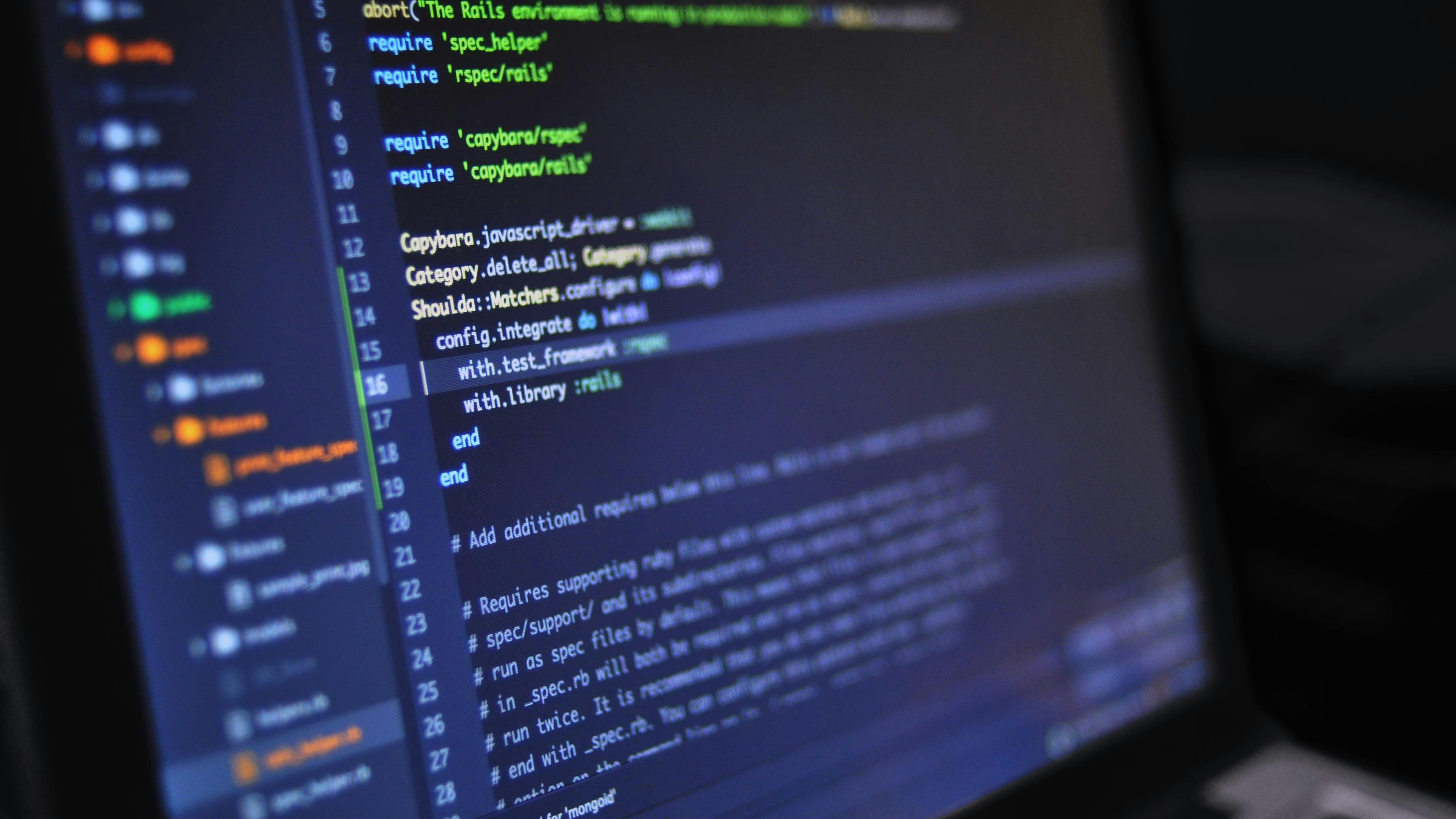
The Dawn of AI-Native Devices: A Game Changer
As the tech world braces for a shift, consumer tech startup Nothing is positioning itself at the forefront, announcing the launch of the first 'AI-native devices' in the coming year. With a hefty $200 million investment fueling its ambitions, Nothing is set to revolutionize how devices interact with users through an AI-centric operating system designed not just for smartphones or wearables but also for humanoid robots and electric vehicles.
Redefining User Experience with AI
Nothing's founder, Carl Pei, emphasizes that the company's approach is not merely about integrating artificial intelligence; it's about laying the groundwork for a future where devices are seamlessly connected and capable of delivering hyper-personalized experiences. The idea is to leverage AI to create a fluid ecosystem of devices that can adapt to users' needs and preferences dynamically.
Addressing Market Challenges for AI Integration
Despite the exciting possibilities, the path forward isn't without challenges. The history of AI implementation in consumer tech shows that expectations often exceed reality. Major players, including Apple, have faced strong headwinds in making AI resonate with the mass market. Nothing must not only generate buzz around its products but also demonstrate solid benefits to consumers who may be skeptical of AI technologies.
The Role of Developers and Tech Enthusiasts
For developers, engineers, and IT teams, what does this mean? It opens up new opportunities for integrating advanced AI platforms and machine learning tools into consumer devices. With the promise of open-source APIs and robust integrations, professionals in the field can harness Nothing's ecosystem to build innovative applications that push the boundaries of what's possible. This is an exciting time for AI developers, especially as platforms like TensorFlow and PyTorch evolve to support more sophisticated AI capabilities.
What Lies Ahead for AI Innovation?
As we anticipate Nothing's launch next year, questions linger about how successful it will be in capturing consumer interest. Will the AI-native approach succeed where previous attempts have faltered? The true test will be whether consumers feel that these devices enhance their daily lives or remain gimmicks. As the landscape of smart technology evolves, one thing is clear: the integration of AI is becoming increasingly critical and could redefine our interactions with technology.
For those in the tech sector, this is a pivotal moment to stay informed about advancements in AI. The implications for software development and user experience are profound as we move closer to a future dominated by AI-native devices.
 Add Row
Add Row  Add
Add 




Write A Comment